Small Wins, Big Energy: How Morning Habits Can Shift Your Whole Day
Having those first five minutes of the day to yourself before the distractions begin is like taking possession of something precious. Not in a showy, “5 a.m. club” sense—but in a humble, “these five minutes are mine” sense. Mornings have a quiet sort of influence we so easily slip past. Between snooze buttons and scrambled breakfasts, we tend to sacrifice the soft enchantment of beginning on our own terms. But when we do—when we intentionally insert one tiny routine into those initial moments—it has a way of turning everything else around.
Source: https://www.pexels.com/photo/photograph-of-a-book-near-a-hot-drink-10132981/
Your Morning Routine Matters More Than You Realize
There is a reason why so many successful individuals have a morning routine. No, it is not brought about by complexity but by consistency. A good morning is not about marking off a dozen things on a list by 8 a.m. It’s about grounding yourself before the world comes in. Imagine it this way: morning sets the tone. If it starts in a mess, it generally continues. But when it starts in control, even in something mundane such as a full glass of water and five minutes of silence, you operate differently. You are not reacting—you are in control.
You don’t have to do much to be important. Waking up and making bed, sipping water before coffee, lighting a candle, setting your phone out of reach while taking a breath.
Discovering a Rhythm That Satisfies Your Life (Not Someone Else’s)
There is a trap so many fall into: copying someone else’s routine. You look at a fitness influencer and her green juice, her meditation playlist, and her 10K steps in before breakfast—and instantly, you think your cereal-and-sock routine is insufficient. But this is the reality: what will be most effective is what you will follow through on. The routine in line with your life, your energy, and what is most important to you.
If you’re a parent, morning may be a matter of dodging toothpaste fights and mismatched socks. But among it all, perhaps there are 90 seconds to jot a thought in a notebook. If you’re juggling a demanding job, it may be taking a ten-minute walk alone rather than opening emails. And if you’re aiming for a goal—say, passing a medical certification to move forward in your profession—that early time pocket may be the only patch of time truly in your control. You don’t need an hour. You need intention. You need something good enough to return to tomorrow.
The Momentum of Small Wins
Momentum is a gentle force. It doesn’t yell or boast. It whispers to keep moving. When you begin your day with a win—even a tiny one—you begin to build evidence of what you’re capable of. And in time, this evidence turns to confidence.
A five-minute stretch. A breakfast full of protein. Reading three pages of a decent book that makes your brain think. These are things that don’t demand a ton of time. But they are important because they tip the balance of energy in your day to a proactive direction. You are in control of the flow rather than it controlling you. And when this becomes a routine, you begin to see more than just improved morning routines. Your days are more organized. Your thoughts are clearer. And you are no longer trudging to the week’s end, wondering what in the world has been accomplished.
The Science Behind It (There Is Actual Science)
Your brain is most impressionable in the morning. That’s not just a trendy wellness claim—it’s grounded in neuroscience. Shortly after waking, your body naturally produces higher levels of cortisol, often referred to as the “alertness hormone.” This hormonal spike is part of your circadian rhythm, acting as your body’s built-in signal to wake up and engage with the day. Think of it as nature’s internal alarm system, giving you an early edge in focus, memory, and learning capacity.
So, how can you make the most of this biological momentum?
Pairing your morning cortisol peak with intentional, low-pressure activities—like journaling, light stretching, or mindful breathing—can have powerful effects. These actions don’t require high performance or pressure, but they still provide your brain with structure and purpose.
What Mornings Might Look Like (Not Should—Could)
Let’s be real: nobody needs another set of “musts.” But it is useful to have real-world illustrations of how individuals make small victories work. These are only possibilities, not requirements.
The Grounded Start: Wake up, have a full glass of water, light a candle, and jot down something to look forward to.
The Gentle Movement: Unwrap yourself out of bed and onto the floor in a five-minute stretch. No equipment, no stress, just movement and breath.
The Quiet Ritual: Sit in the fresh morning air with coffee or tea. No cell phone. Just the breeze, the clouds, morning noises.
The Brain Booster: Read a page in a book or a morning mantra. Even a solitary thought that brings your mind to the center.
The Progress Step:
Take ten dedicated minutes to go through your goals—whether it is outlining text, studying, or writing that email you have been procrastinating on.
All of those victories take less than 15 minutes. Most take less than five. But they have a gentle heft to them that can completely alter your internal attitude.
Give Yourself Permission to Start Small
We can readily delude ourselves into thinking that change must be dramatic in order to be worth it. Only if we’re changing everything are we really changing anything. But we learned this fallacy in a burnout culture. The reality is you don’t need a makeover. What you need is a moment. A tiny gesture of self-love before other people’s demands come in.
And if you skip a day? That’s okay. No gold star for streaks. Mornings are an opportunity, not an exam. The key is in coming back. And back. Because every time you show up again, you build trust in yourself. And it’s this trust that ignites everything else—your work, relationships, happiness.
Grant Yourself Permission to Experiment
You don’t have to have a same-old same-old morning every day in order to have a meaningful one. Some days, the victory is getting out of bed without reaching for your phone. Some days, it’ll be journaling; some days, it’ll be stretching or even just sipping coffee in silence. Shifting and listening to how you’re feeling is totally okay, because consistency is not rigidity. The ambition isn’t to perfect the routine; it’s to know yourself. The more you check in with yourself in those quiet times, the more you’ll know what it is that you really need, rather than what you’ve been told to.
Complicated Doesn’t Have to Mean It Won’t Work
There is something immensely reassuring in realizing that it is not necessary to do it all at one time. You only have to do something. That transition—from disorganization to purpose, to intention to decision—begins small and gains traction gradually. And this is sufficient. The world is always going to urge you to go quicker, to accomplish more, and to be more productive. And it will be in individual acts of what is actually beneficial to you, no matter if it is only five minutes of quiet morning time. Tomorrow morning, when the alarm rings and the day begins to hum along, take a tiny minute. Stretch. Sip. Breathe. Write. Whatever centering happens. Whatever brings us back to us. Because those minor victories are not merely habits—they’re statements. They’re how we’re telling our bodies and minds, “I’ve got this.”





